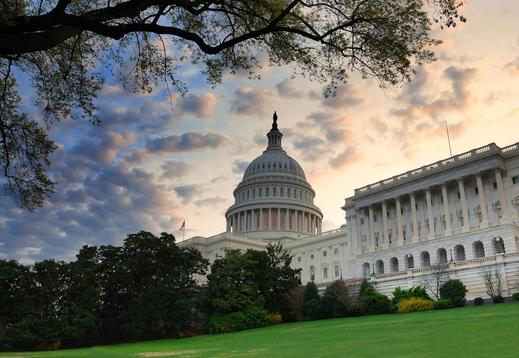The US Environmental Protection Agency (EPA) announced today that it has awarded $20 billion to green banks, financial institutions, and nonprofit organizations for projects combating climate change in disadvantaged communities. Through the Greenhouse Gas Reduction Fund (GGRF), thousands of communities will now receive funding for critical infrastructure and quality of life improvements like heat pumps, electric vehicle charging stations, and community cooling centers. The GGRF is the single largest non-tax investment in the Inflation Reduction Act benefitting historically disadvantaged communities, and selected recipients of these funds have committed to reducing or avoiding up to 40 million tons of carbon pollution annually over the next seven years. Today’s announcement marks a large step forward in implementing and advancing climate justice goals in the clean energy transition.
Climate Group Executive Director for North America Angela Barranco said:
“Programs like the Greenhouse Gas Reduction Fund (GGRF) play a key part in the implementation of the Inflation Reduction Act. As we’ve seen this legislation evolve over the past two years, thousands of communities around the country are now willing and able to fund and build the infrastructure needed to reduce emissions, improve energy efficiency, and put us on a path to a green economy. Climate Group leverages this momentum through effective public-private partnerships. We bring companies, communities, and financial institutions together to make climate action happen at the local level.
In partnership with the Center for Climate Strategies, Climate Group’s Green Recovery Alliance works directly with local governments to elevate their voices and steer them through the often-complex federal funding process. We address how these communities can deliver economic growth while prioritizing climate resilience and social equity. With so much at stake, our work is more important than ever to ensure programs like the GGRF facilitate an equitable clean energy transition and communities are equipped with the knowledge, tools, and funding for tangible solutions to the climate crisis.”
